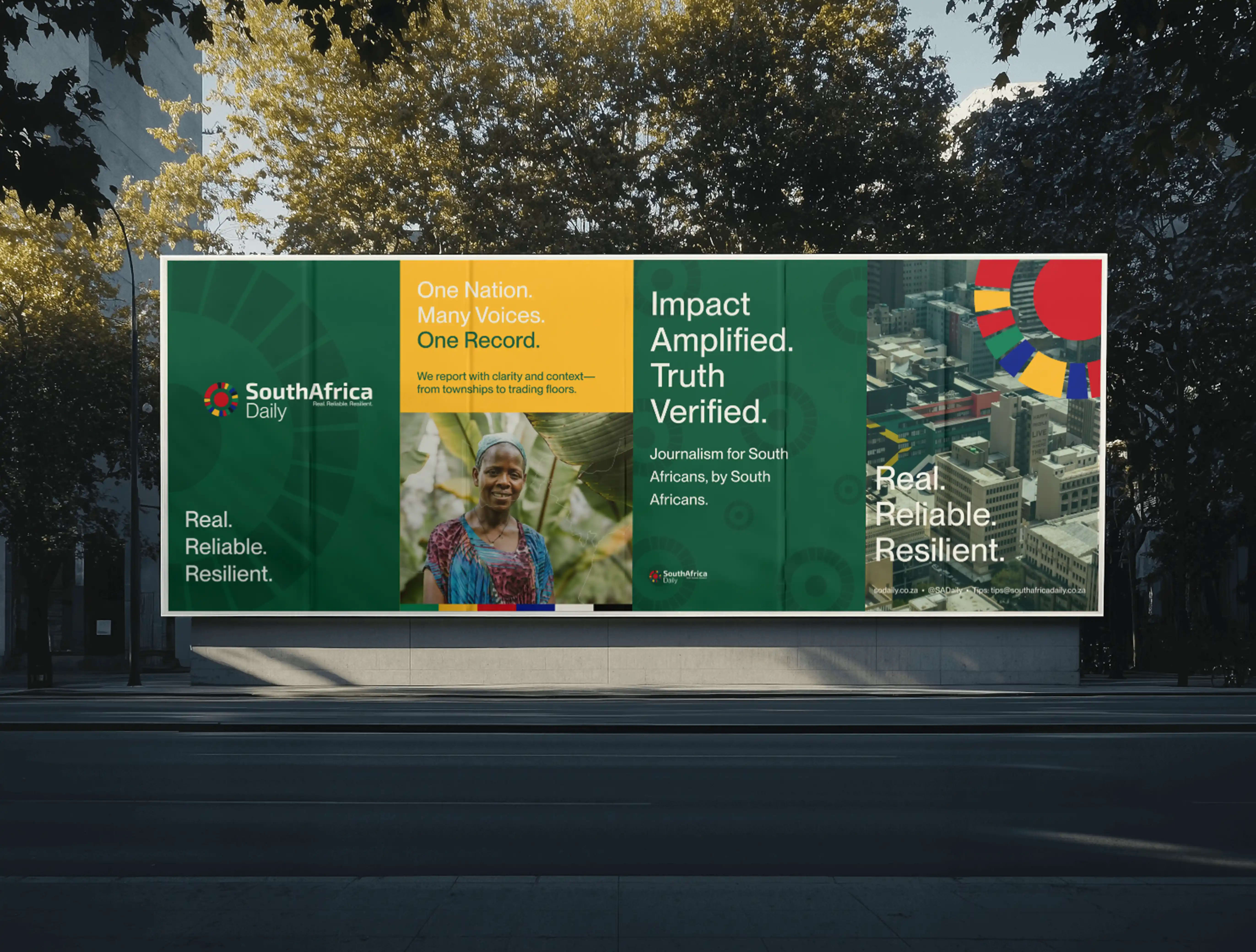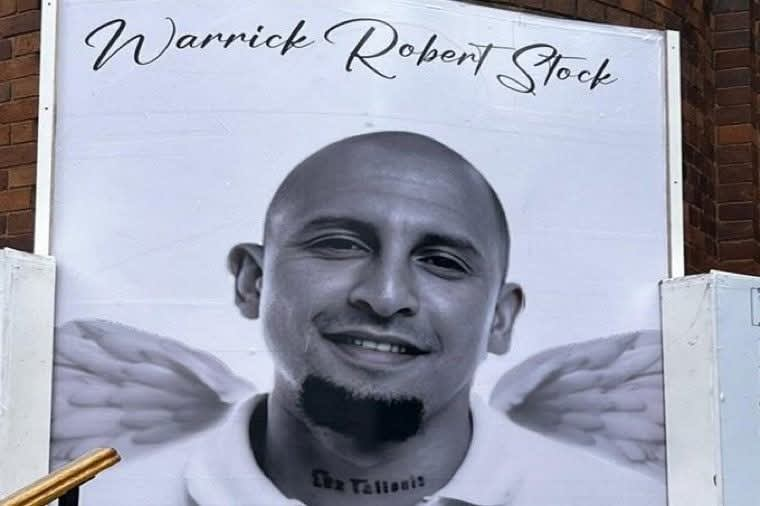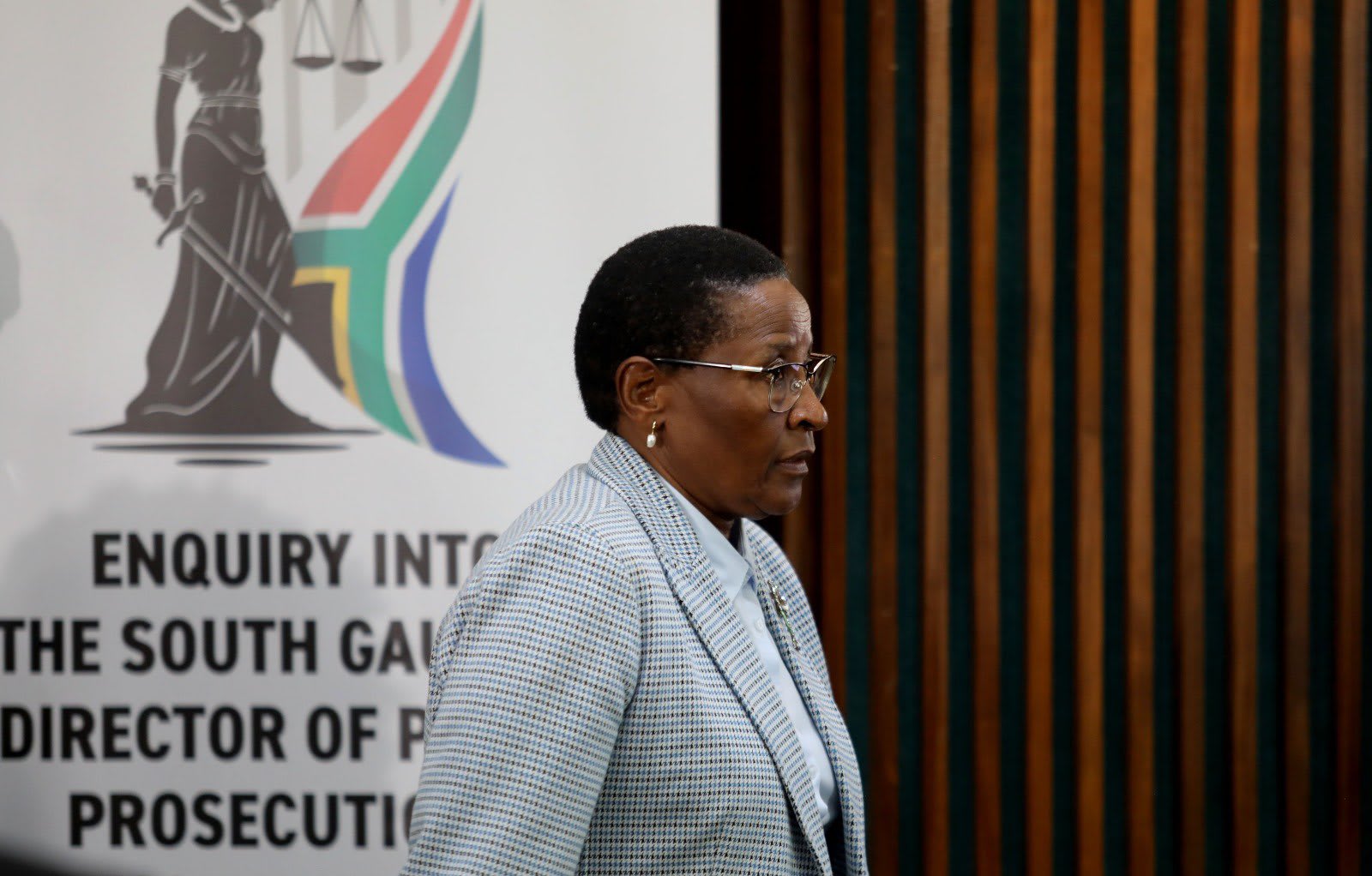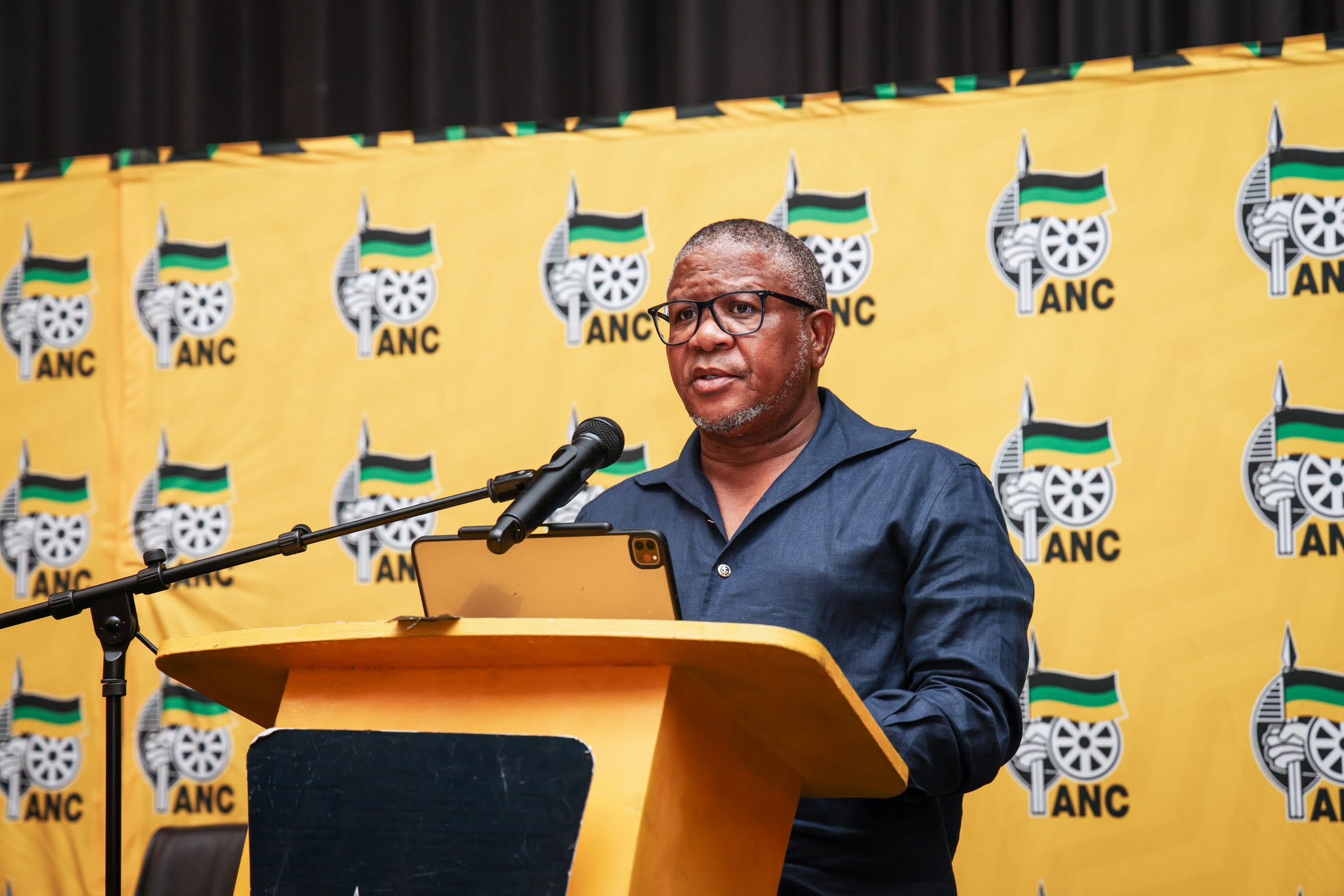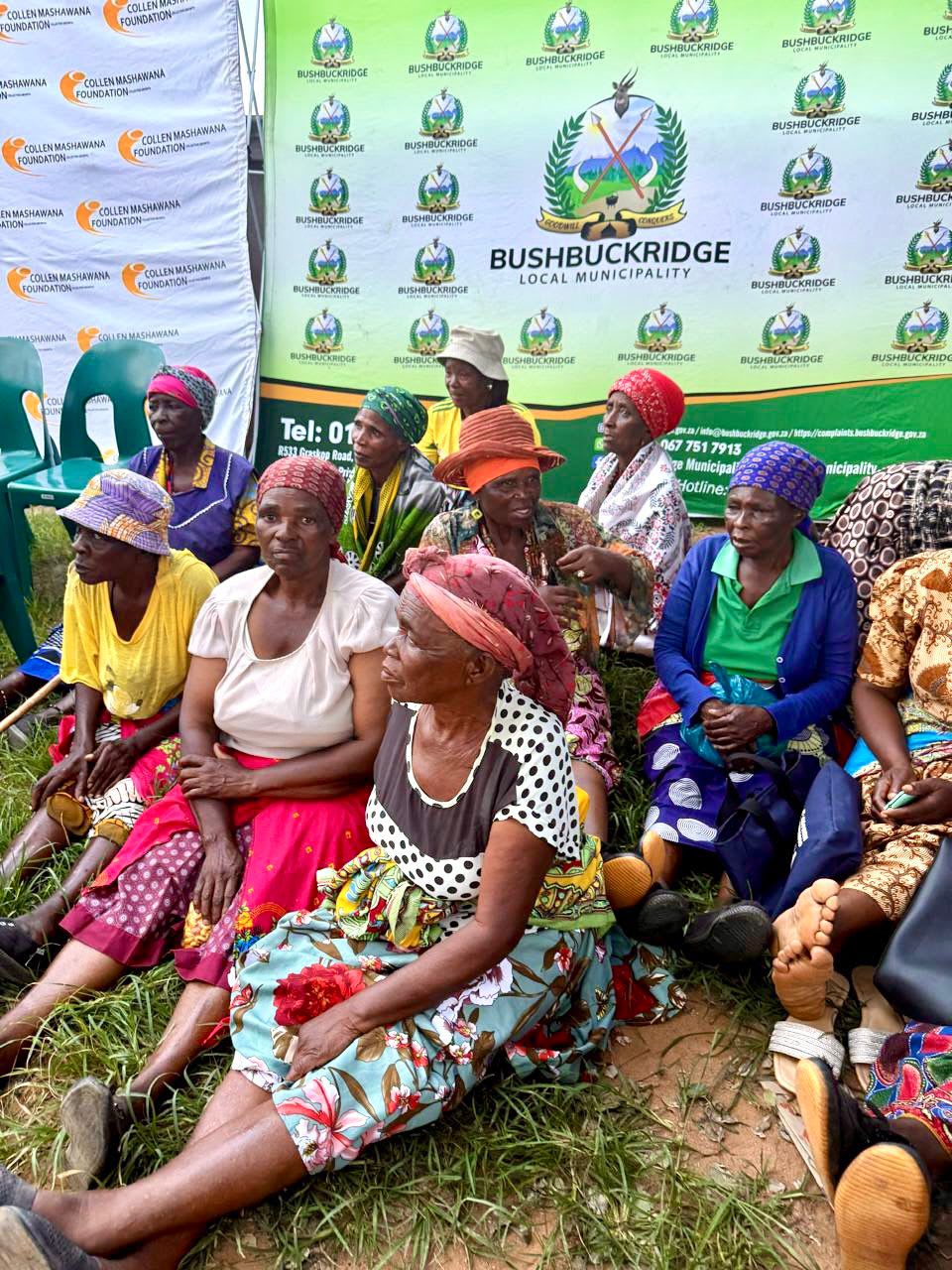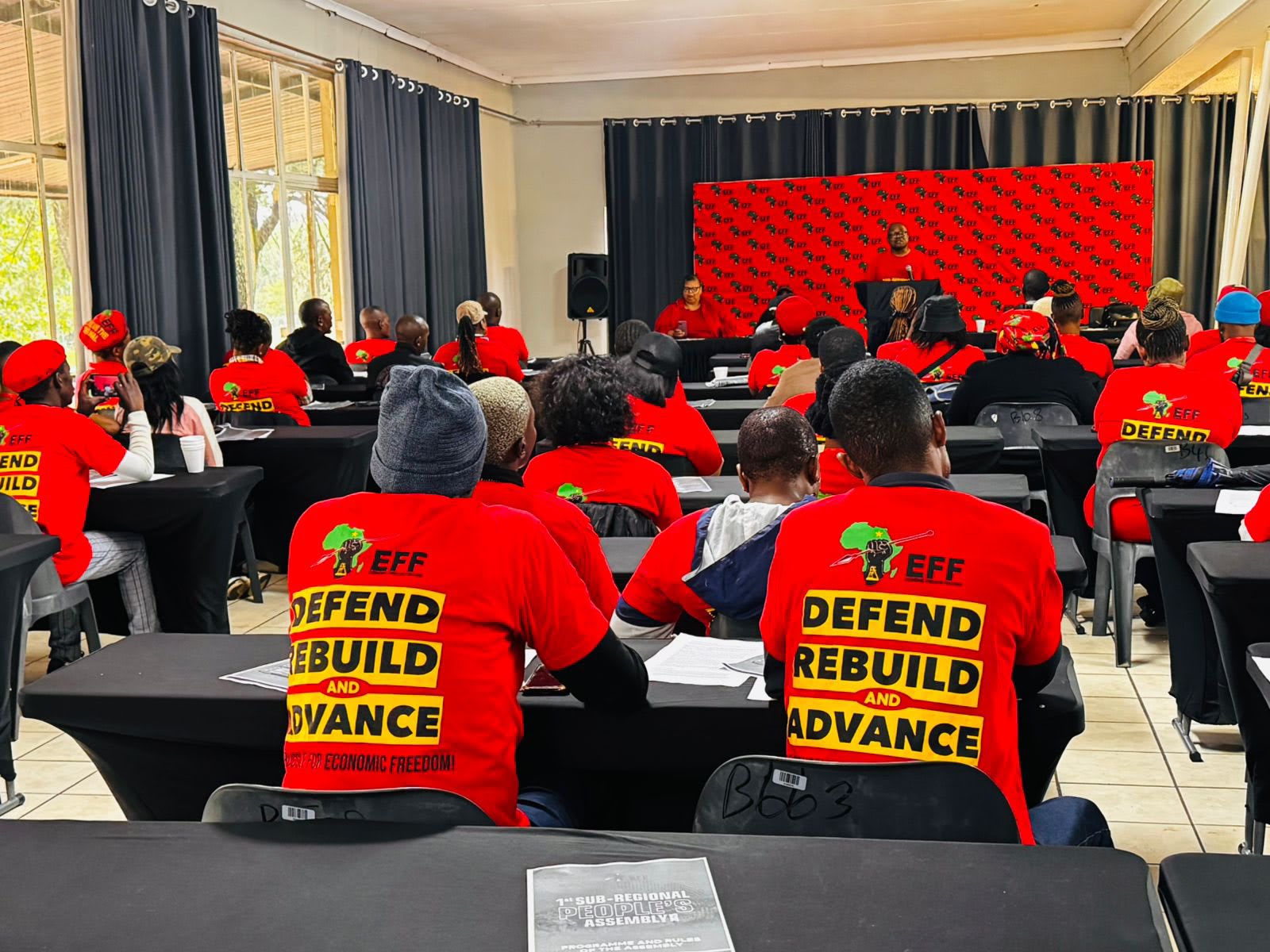AfriForum
1Min
South Africa
Nov 1, 2025
The Pretoria High Court has ruled that Nersa’s process for approving municipal electricity tariffs was unconstitutional, siding with AfriForum. The court ordered new timelines and procedures to ensure public participation and cost studies are included in future tariff applications.
The Pretoria High Court has ruled in favour of AfriForum, declaring that the National Energy Regulator of South Africa (Nersa) failed to follow proper procedures when approving municipal electricity tariffs.
The court this week found that the process was unconstitutional because Nersa did not ensure cost studies were conducted and did not allow sufficient public participation before tariffs were approved.
The ruling, handed down on Friday, means that Nersa must now reform the way it handles tariff applications from municipalities across the country. The court also ordered that AfriForum’s application be granted with costs and issued an interdict that sets out new timelines for future public participation processes.
According to the judgment, Nersa must publish Eskom’s latest tariffs for municipalities by 31 January 2026. Municipalities will then have until March 2026 to submit their tariff applications, which must include detailed cost studies. Nersa will be required to finalise its decisions on the new municipal electricity tariffs by 5 May 2026, allowing time for public consultation before the tariffs take effect.
The court also issued a rule nisi with a return date of 18 November, giving all 158 municipalities an opportunity to explain why the proposed timelines should not be made permanent. However, this order does not affect the court’s decision on the constitutionality of Nersa’s current approval process.
Nersa had argued during the proceedings that cost studies were confidential and not required to be made public with tariff applications. The court rejected this argument, ruling that cost studies must be submitted with every application and that they form a critical part of determining whether tariffs are fair and reasonable. If a municipality fails to include a cost study, Nersa must formally record that fact in the application.
AfriForum welcomed the ruling, saying it would benefit all electricity consumers in South Africa. “This is not only a victory for AfriForum and its members but for every person who pays for electricity,” said Morné Mostert, AfriForum’s Manager of Local Government Affairs. “This ruling ensures that Nersa follows a process where consumers can have a proper and fair say in municipal electricity tariff increases.”
Deidré Steffens, AfriForum’s Advisor on Local Government Affairs, said the judgment reinforces the need for Nersa to act within the law. “As a regulator, Nersa should ensure that municipalities act within the framework of the relevant legislation and also continuously take into account the interests of consumers,” Steffens said.
AfriForum said it believes the fixed timelines ordered by the court will bring greater transparency and stability to how municipal electricity tariffs are determined.
The ruling marks AfriForum’s third consecutive court victory against Nersa in October. Earlier in October, AfriForum won similar cases in Rustenburg and Phalaborwa, where the courts also found irregularities in Nersa’s tariff approval process.
AfriForum, a civil rights organisation, has been campaigning for fair and transparent electricity pricing for several years. The group has repeatedly argued that municipalities charge excessive electricity tariffs without following due process.
AfriForum said the latest judgment is expected to have a wide impact on how Nersa and municipalities manage future tariff increases, potentially leading to reforms aimed at ensuring greater accountability and public participation in South Africa’s energy regulation system.

